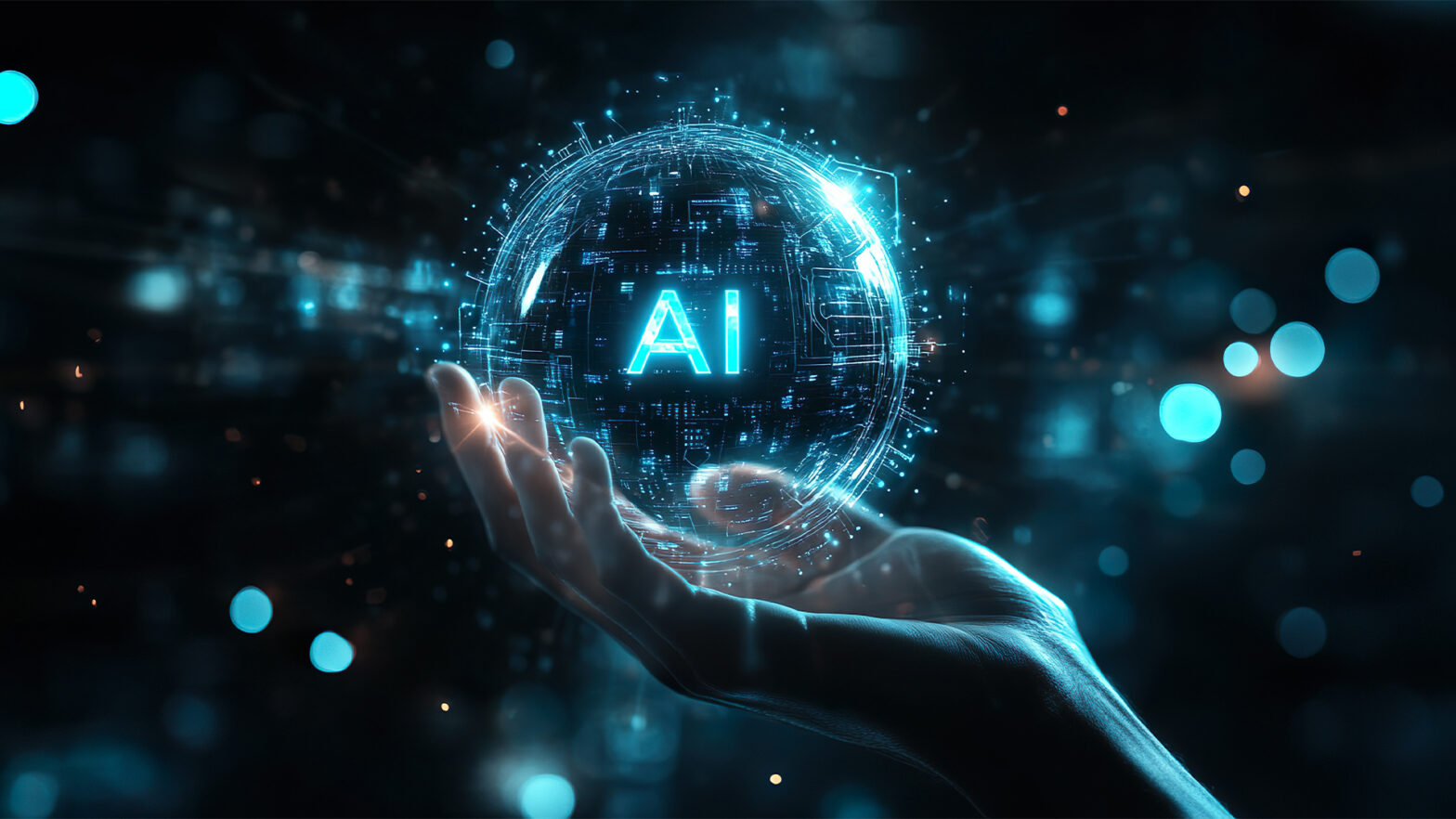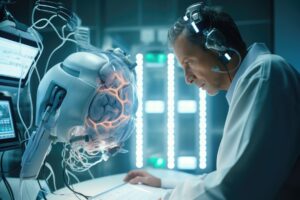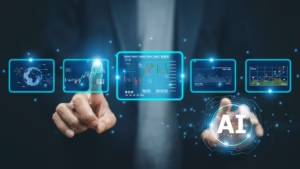
Artificial Intelligence (AI) is no longer a concept confined to science fiction—it is a foundational component of modern innovation. From voice assistants and automated vehicles to advanced medical diagnostics and financial algorithms, AI is transforming the way we live and work. As this technology continues to advance, it is important to understand both the vast opportunities it presents and the challenges it brings. This article explores how AI is evolving, its impact on key industries, the ethical concerns surrounding its use, and predictions for the next decade.
The Evolution of AI
AI has progressed significantly from its early days of rule-based systems to today’s machine learning and deep learning models. Modern AI systems are capable of recognizing patterns, interpreting natural language, making real-time decisions, and continuously learning from data without explicit programming. This progress is fueled by the increasing availability of data, powerful computing infrastructure, and accessible development tools such as TensorFlow and PyTorch.
Opportunities Across Key Industries
Healthcare
AI is transforming healthcare by improving diagnostic accuracy, personalizing treatment plans, and streamlining administrative processes. For instance, AI algorithms can analyze medical images to detect early signs of diseases such as cancer. In addition, predictive analytics tools are helping healthcare providers anticipate patient needs and reduce hospital readmissions.
Finance
In the financial sector, AI is enhancing fraud detection, automating risk analysis, and supporting algorithmic trading. AI-driven chatbots and virtual assistants are improving customer service, while robo-advisors are making financial planning more accessible to the public.
Education
AI-powered platforms are enabling personalized learning experiences, adapting content and pace based on individual student needs. Virtual tutors provide support outside traditional classroom hours, while data analytics help educators identify students who may require additional assistance.
Transportation and Logistics
Autonomous vehicles, intelligent traffic systems, and predictive maintenance are just a few ways AI is increasing efficiency and safety in transportation and logistics. AI algorithms are also optimizing supply chain operations and delivery routes.
Ethical Concerns and Risks
Despite its benefits, AI presents several ethical challenges that must be addressed:
- Bias and Discrimination: AI systems can perpetuate social and economic biases if trained on biased datasets, particularly in hiring, lending, and law enforcement.
- Privacy: Many AI applications rely on large volumes of personal data, raising serious concerns about how this information is collected, used, and protected.
- Job Displacement: Automation may lead to the displacement of certain job roles, particularly in manufacturing and customer service, necessitating workforce reskilling and policy reform.
- Accountability: Determining responsibility for decisions made by AI systems, such as in the case of autonomous vehicle accidents, remains a legal and ethical challenge.
Developing transparent, explainable, and fair AI systems, along with appropriate governance frameworks, is essential to ensuring responsible use.
Looking Ahead: The Next 10 Years
The next decade is expected to bring significant advancements in AI, including:
- Deeper Integration: AI will become embedded in everyday devices and services, enhancing productivity and personalization.
- Improved Human-AI Interaction: Natural language processing and contextual understanding will make interactions with AI systems more seamless and intuitive.
- Scientific and Industrial Innovation: AI will play a crucial role in accelerating research and innovation across fields such as medicine, climate science, and energy.
- Explainable AI: There will be a growing emphasis on making AI decisions transparent and understandable to users and stakeholders.
- Regulation and Standardization: Governments and international bodies will likely introduce more comprehensive regulations and ethical standards for AI development and deployment.
Conclusion
Artificial Intelligence holds immense promise to solve complex global challenges and enhance human capabilities. However, its integration into society must be guided by ethical principles, transparency, and inclusivity. As we look toward the future, a balanced approach that combines innovation with responsibility will be essential to fully harness the potential of AI.






